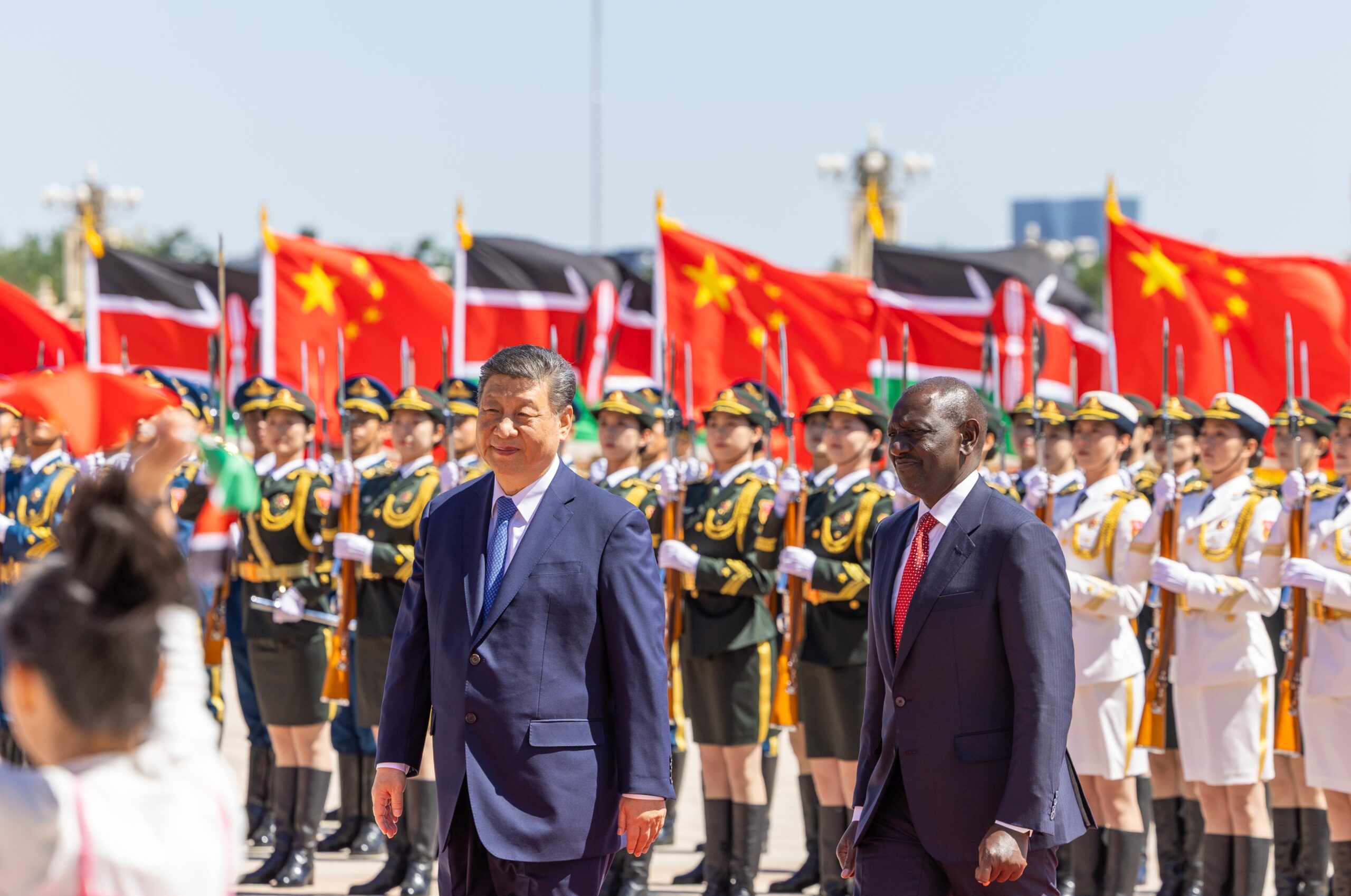
As the US Raises Tariffs, China Opens Its Markets to Africa » Capital News
In the ever-shifting theatre of global trade, two major powers have made their moves—one with threats, the other with opportunity. As Africa faces looming tariffs from the United States, China has chosen a different approach: opening its doors to all 53 African nations with which it has diplomatic relations.
Announced at a recent China-Africa cooperation summit, Beijing’s plan to eliminate tariffs on African imports is not just economic policy—it’s a powerful geopolitical signal. At a time when African exporters worry about access to Western markets, China is offering a lifeline.
Two Worlds, Two Strategies
In April, former U.S. President Donald Trump’s administration proposed sweeping tariffs on African goods: 50% on Lesotho, 30% on South Africa and 14% on Nigeria. Though implementation is temporarily paused, the message is clear—negotiate or be punished.
Meanwhile, China, Africa’s largest trading partner for 15 consecutive years, has extended a generous offer: duty-free access for all African countries it recognises diplomatically. This expands an earlier initiative that only applied to the continent’s least developed nations. Middle-income countries like Kenya, Nigeria, Egypt, and South Africa now stand to benefit.
The only exclusion? Eswatini, which maintains ties with Taiwan, a political red line for Beijing.
Strategy, Not Charity
Let’s be clear—China is not doing this out of altruism. With Africa’s population projected to double by 2050 and its middle class growing rapidly, Beijing sees the continent as a vital future market. This is economic diplomacy at its most strategic.
Yet for African nations, the offer is timely. As American trade incentives wane, Chinese markets beckon. And they’re not just offering access to a few select goods—they’re offering the keys to an $18 trillion economy.
Hannah Ryder, founder of the Africa-focused consultancy Development Reimagined, called it a “game-changer,” noting it opens the door for more value-added products: “It enables countries like Kenya, South Africa, Nigeria, Egypt and Morocco to now enter the Chinese market duty-free.”
The Bigger Picture
Africa must look beyond the headlines. This move comes as the continent’s biggest export partner, the US, shows signs of retreat. The Africa Growth and Opportunity Act (AGOA), which gave African nations zero-tariff access to US markets, now looks increasingly fragile under the Trump administration’s tariff-heavy policies.
In 2024, Africa exported $39.5 billion worth of goods to the US. Much of this was under AGOA—but the framework now hangs in the balance. By contrast, China imported $170 billion from Africa last year and is promising even more market access.
Importantly, China has recognised that least-developed countries may be disadvantaged by increased competition from industrialised African peers. To address this, it has pledged additional training and support to level the playing field.
This is not just about removing tariffs—it’s about shaping relationships.
China is currently offering something the West is not: tangible trade opportunities.
This is a moment for Africa to assert itself—not as a passive recipient of aid or trade deals, but as a confident partner.
Seizing the Opportunity
African governments must act quickly and strategically to make the most of this opening. They need to invest in manufacturing, logistics, certification, and marketing. This is a chance not just to export more—but to export better.
It means building systems that can meet Chinese standards. Training youth in compliance and quality control. Branding African goods in a way that resonates with Chinese consumers.
It also means negotiating with confidence. Africa cannot afford to be dazzled or rushed. It must ensure fair trade terms and accountability from all its partners—China included.
The Final Word
In today’s global power play, Africa is no longer just a spectator. With China lowering the drawbridge and the US raising the walls, the continent is being asked to choose its path.
The world’s second-largest economy has opened its markets. The question is: will Africa walk through with clarity and purpose—or stumble under the weight of unpreparedness?
History won’t just remember who opened the doors. It will remember who was ready to walk through them.
Elijah Mwangi is a scholar based in Nairobi, he comments on local and global matters.